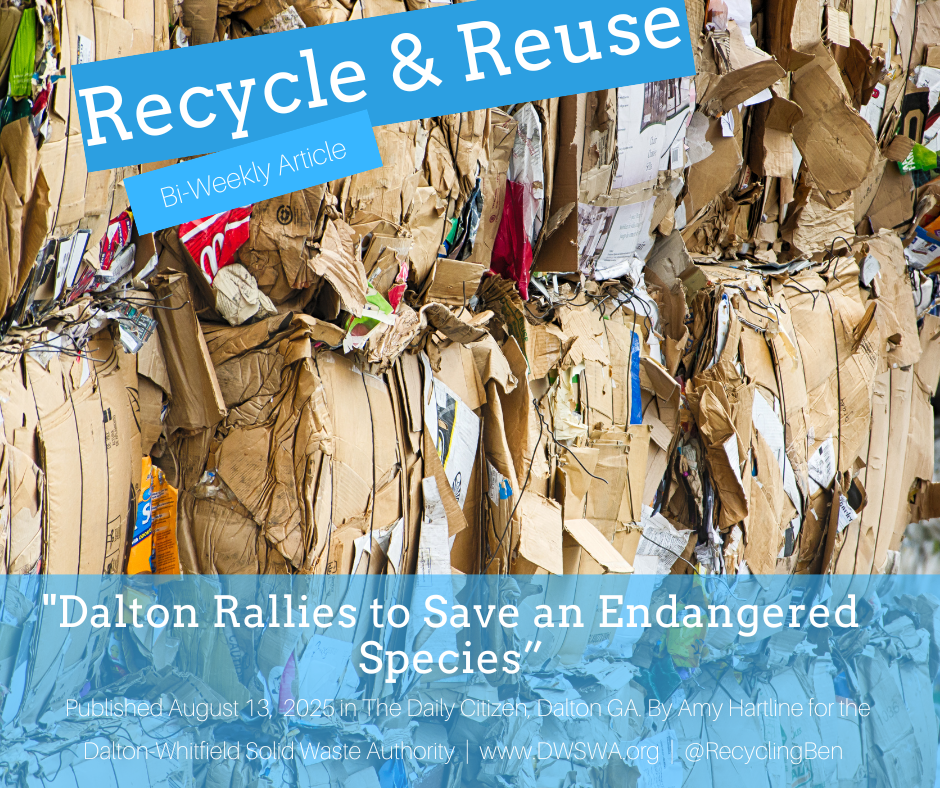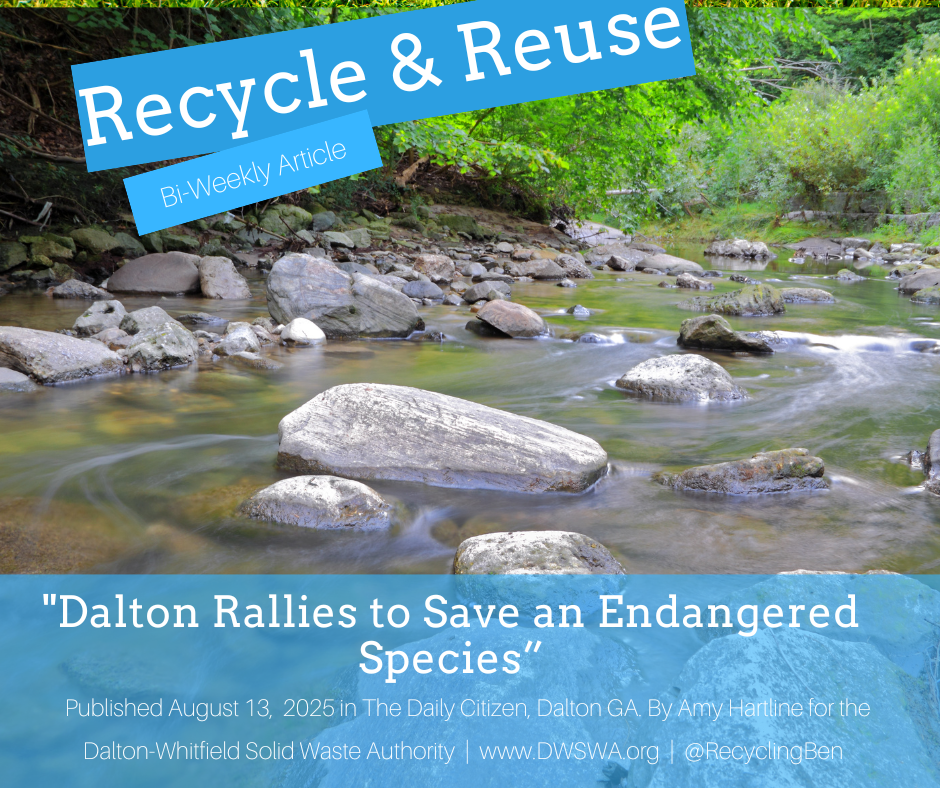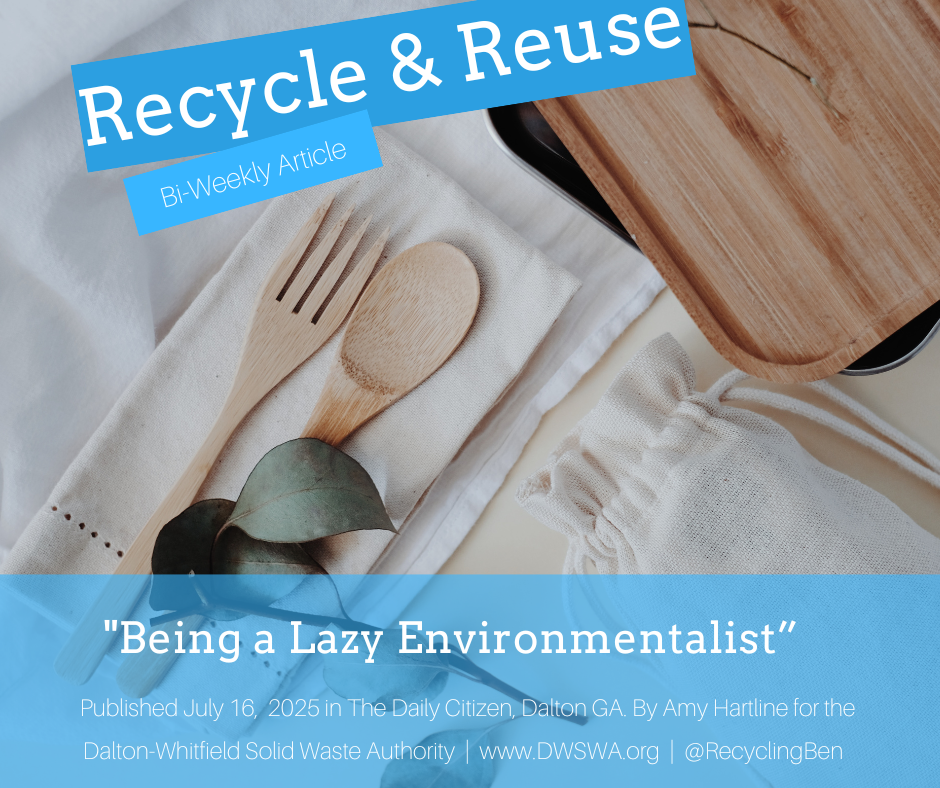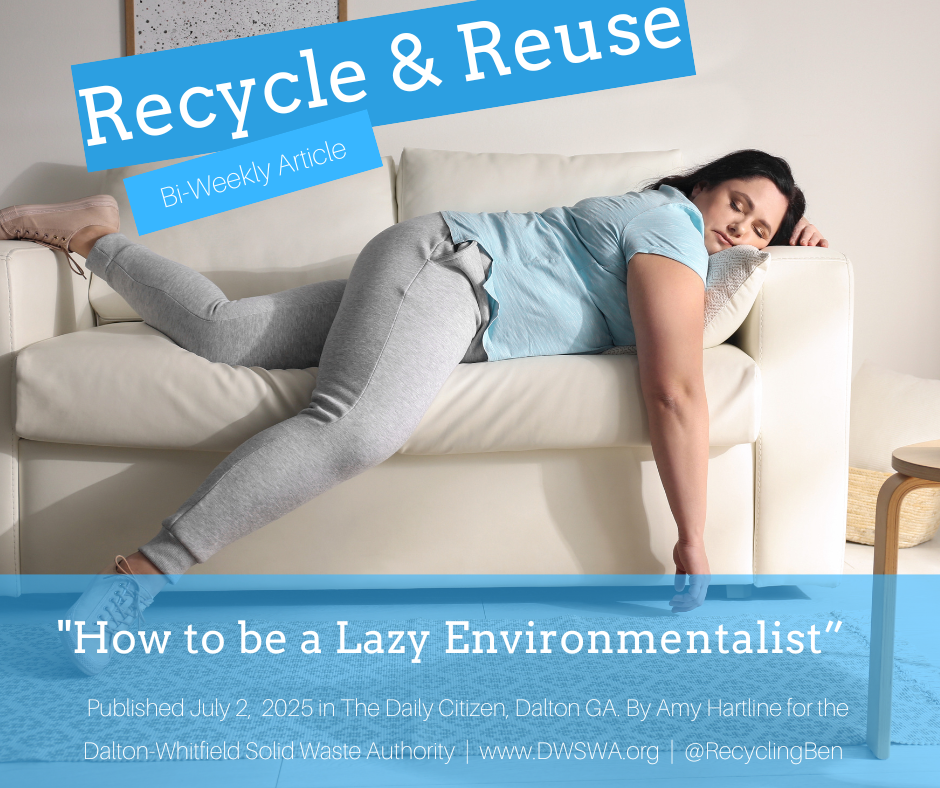Start becoming self-sufficient and sustainable
/None of us are an island unto ourselves particularly in this technologically connected world, but implementing ways to become more self-sufficient in your daily life can bring about a whole host of benefits.
Growing and cooking your own food is often one of the most rewarding ways to be less wasteful and more self-reliant.
People start finding ways to become self-sufficient for a variety of reasons, from being prepared for bad situations or weather disasters, lowering their monthly bills or just enjoying the self-satisfaction of learning and enjoying new skills. The interest in becoming self-sufficient has understandably grown throughout the past year as many of us spent more time at home and experienced shortages. Luckily, there are multiple skills that are both eco-friendly and self-sufficient!
When starting to become self-sufficient, it helps to look at the five basic needs first: food, shelter, water, energy and clothing. Each of these needs can be helped or fully met by learning a new skill or investing in the right resources.
Food probably has the most obvious way to become more self-sufficient. If you’ve never grown your own food, start with microgreens or herbs in your kitchen window or take it up a step by planting a vegetable and fruit garden. Learning to compost also goes hand-in-hand with growing your own food because adding it to your garden can increase your yield and give you an outlet for waste that isn’t sending it to a landfill. Growing your own food cuts down on plastic waste used for packaging and all of the waste and pollution needed to transport foods.
For shelter, you may not be able to build an Earthship or Cobb home here there are ways we make our current homes more self-sufficient. Determining your waste management is important. Adding in a grey water system for water that goes down the drain can be a way to manage your waterwaste or even using a composting toilet. A compost bin or vermicomposting is essential for handling a household’s waste when it comes to food and gardening. You can even consider using a classic wood stove or incorporating one into your home for emergencies such as power outages.
To become more self-reliant in water production, look into the laws in your area for creating a rain barrel and collecting rainwater. If you want to use the rainwater for things like brushing your teeth or showering, make sure you have a good filtration system set up. You don’t have to worry about filtration for water uses such as watering your garden or lawn, however!
Creating your own energy is one of the self-sufficiency goals that will require an investment. The most talked about and easiest is installing solar panels. If you are like me, however, and live in an apartment or aren’t quite ready to make that investment you can find little things that turn solar-powered. Buying at least one solar powered phone charger can allow you to have a phone that can be charged greenly and even if there is a disaster and you are left without energy. There are also tons of styles of lanterns and lightbulbs that are solar powered. If you have a small space, you can cut down your light energy usage by switching out a couple lights with solar ones that are set outside during the day.
Lastly, one of the most classic ways to be more self-reliant is by sewing your own or mending your clothing. Especially if you have children, a tough job or your weight fluctuates, mending clothing by knowing good ways to patch holes or stains, hem long pants or skirts, or sewing in extra panels to clothing can help you extend your current closet and make your clothes last longer. Many clothes, now that we live in a fast-fashion planet, are not made ethically with workers paid very little in developing countries. The average American throws away 81 pounds of clothing yearly so learning to fix your clothing or make your own can lead to less waste, less money spent and a cleaner and more ethical planet.
Community and connection are beautiful things, but incorporating more self-sufficient practices into your life can bring you peace of mind and joy. Most methods of self-sufficiency take hard work, investment or time to learn so it is best to take it one new habit at a time. With that time though, you can become sustainable and self-sufficient so you can enjoy the fruits of your labor on the good days and especially on the bad.
Amy Hartline is the recycling and education program coordinator for the Dalton-Whitfield Solid Waste Authority. Have a recycling question? Contact her at (706) 278-5001 or at ahartline@dwswa.org.
































